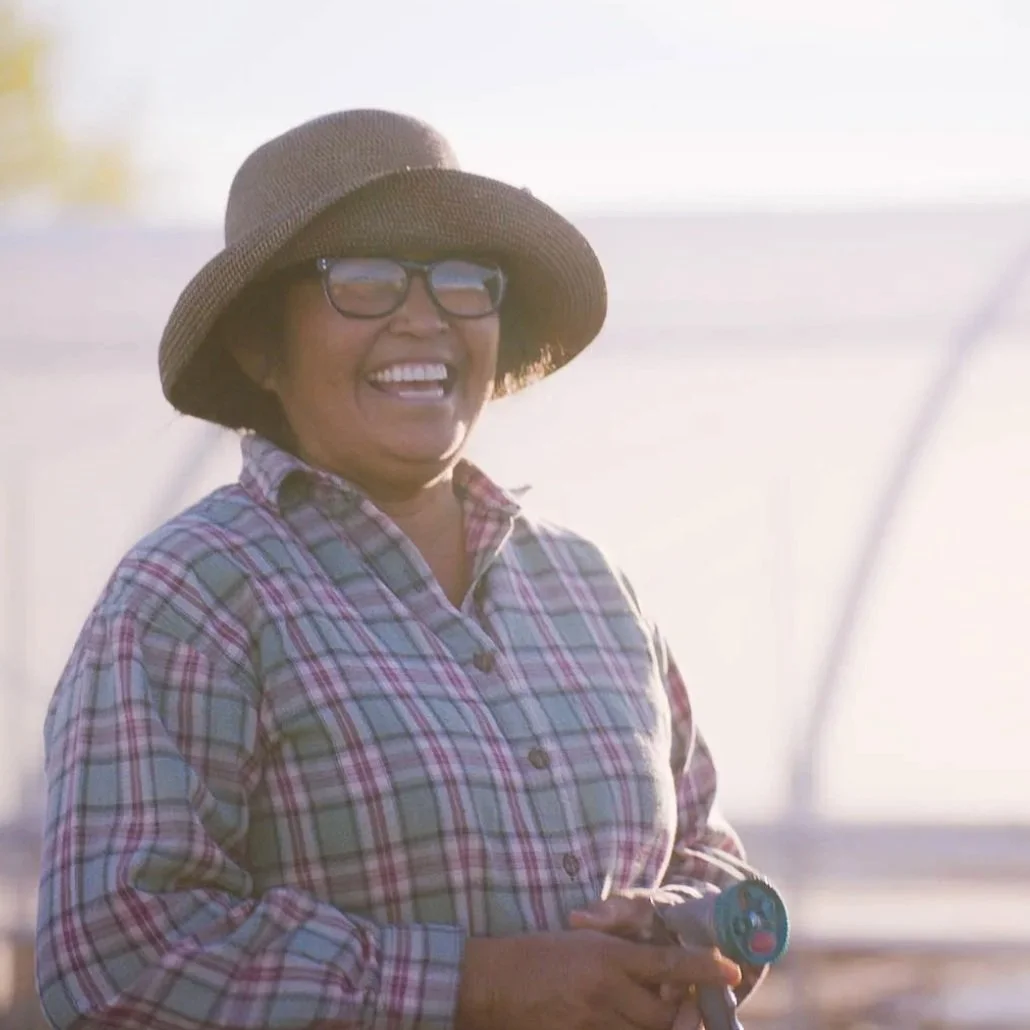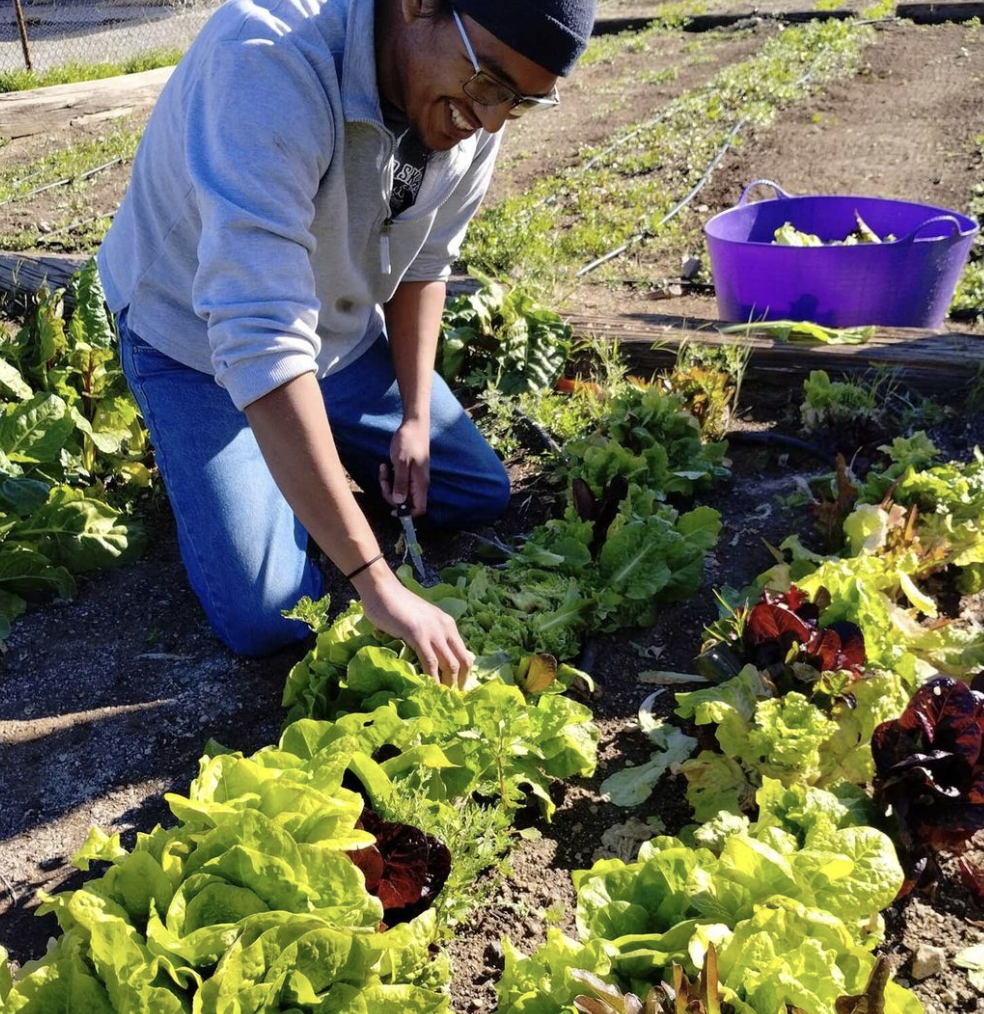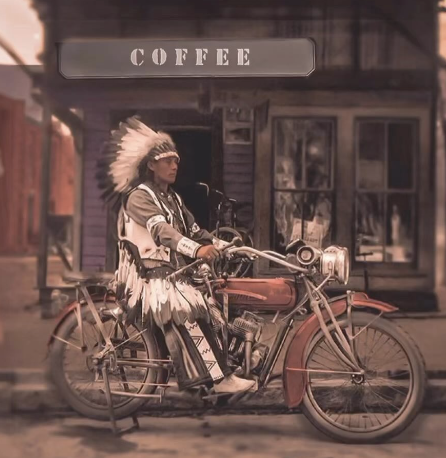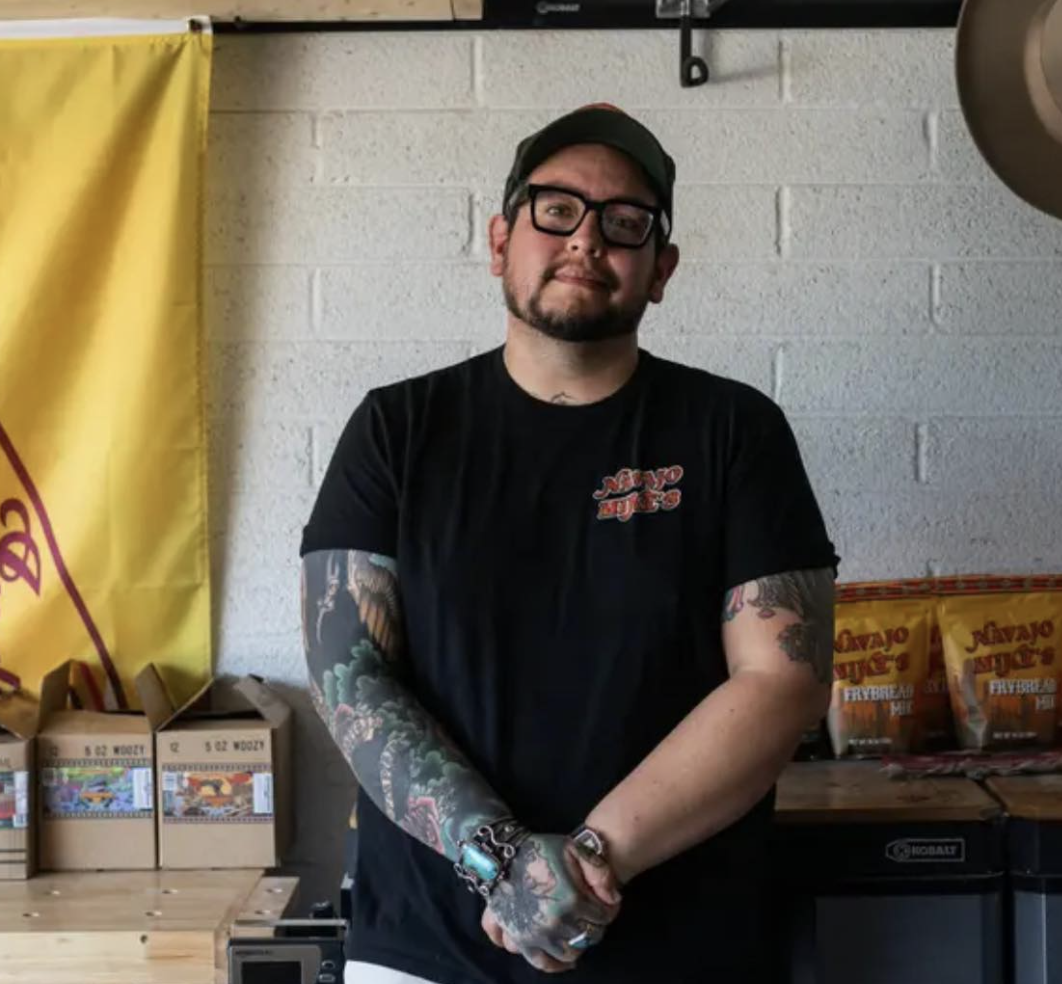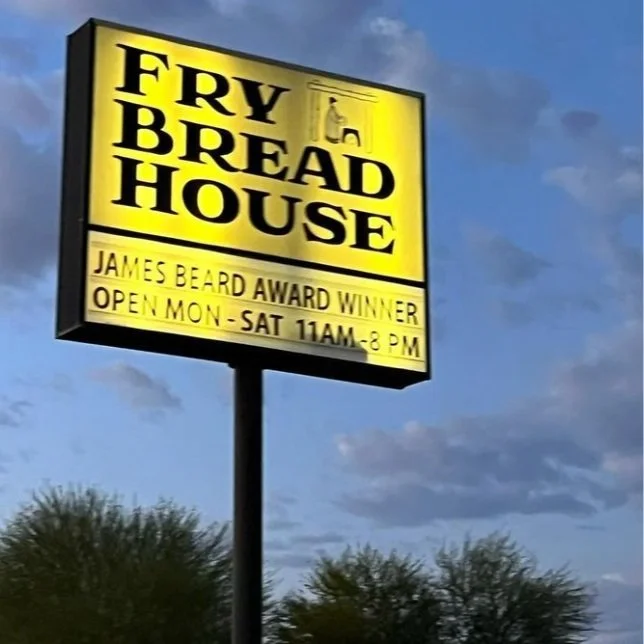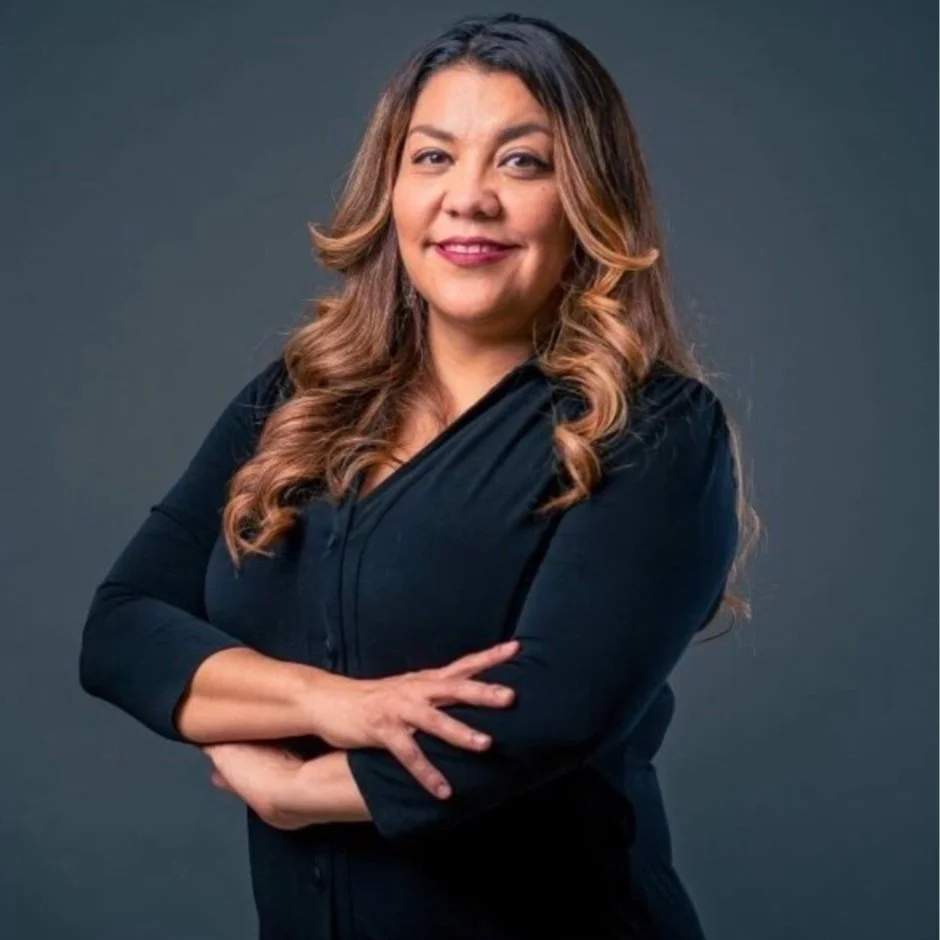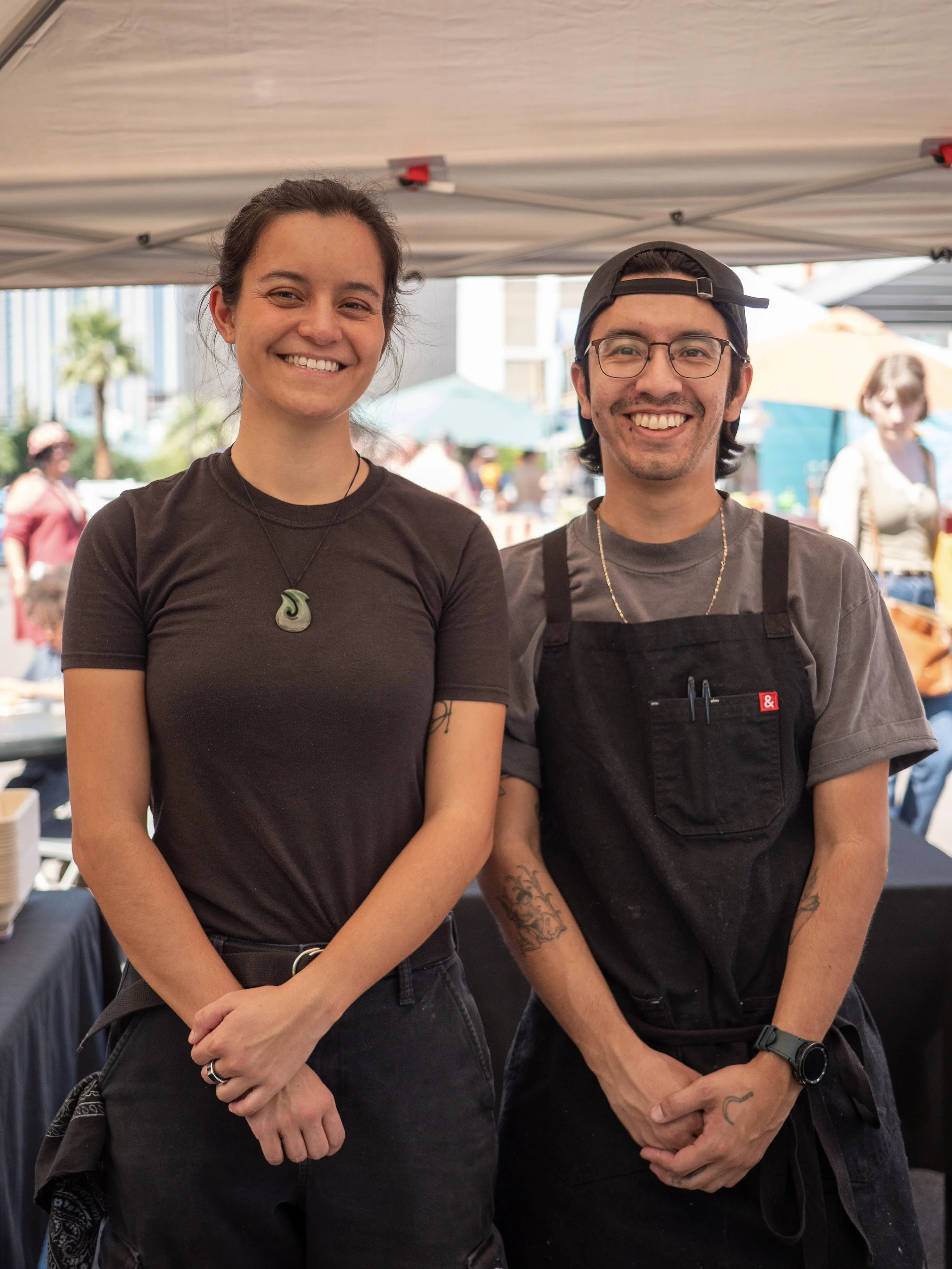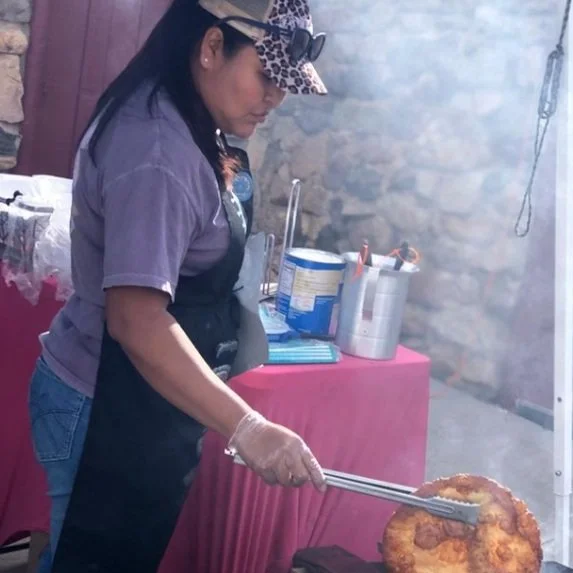Indigenous Pathways
Arizona is home to over 280,000 Native Americans, the third highest concentration of Indigenous people in the United States. It also has the largest concentration of Native American farms with Indigenous farmers and ranchers making up 57% of the agricultural operations in Arizona.
Indigenous Pathways highlights the farmers, educators, chefs, and Indigenous people working to renew Native traditions, reclaim food sovereignty, and revitalize the health of their communities through farming, foraging, cooking, teaching, medicine, and ceremony.
Indigenous Farmers & Ranchers in Arizona
Traditional Indigenous agriculture centers around a holistic, cyclical approach that works with the climate, environment, land, animals, and resources. Indigenous people protect 80% of global diversity on only 25% of the earth’s land with less than 5% of the world’s population.
Indigenous agricultural knowledge teaches to live within the environmental context that surrounds us and is grounded in Indigenous belief systems that have been replicated and carried on over millennia.
This involves raising crops to fit the environment, rather than manipulating the environment to fit the crops. Everything is interrelated.
AZ Indigenous Educators and Chefs
Food is medicine and as medicine, it can heal. Reconnecting with ancestral foods can help heal trauma and diseases that resulted from forced separation from traditional foods and knowledge. Eating sacred foods consumed by elders can nourish a community, both physically as well as spiritually.
Teaching others about traditional and ancestral foods is integral to food sovereignty and revitalizing cultural and community health.
Twila Cassadore, Gatherer and Educator
Good Food Film Series: Food as Medicine
With the Western Apache Diet Project, Twila has documented the importance of foods like grass seeds and acorn seeds to the diets of Apaches before people were moved onto reservations and became reliant on rations, and later, commodities. Learn more.
This coffee producer is owned and operated by the Salt River Pima-Maricopa Indian community. Native Ground Coffee brings O'odham history and culture to the mainstream coffee world while keeping the traditions of their cultural ways alive by providing coffee grown on their lands. Each purchase of their Coffee For A Cause product will help stop the violence that has plagued Native women for decades.
Owned and operated by Erickson Billy of the Navajo tribe, Blue Naadą́ą́' Sweets incorporates Native blue corn and other ancestral ingredients into his pastries and sweet treats offering. Follow them on Instragram or Facebook.
Established in 2020, Navajo Mike’s blends old-fashioned style barbecue and hot sauces with the homegrown taste of Arizona and diverse herbs and spices. Navajo Mike’s is 100% Native-owned and operated, and their sauces are recognized by the Intertribal Agriculture Council as a “certified authentic made/produced by American Indians” product.
Chef Maria Parra Cano, Sana Sana Foods
Good Food Film Series: Food as Medicine
Chef Maria travels to events and community centers around the Phoenix area to demonstrate the healing power of ancestral foods, or “Food Medicine for the People.” She also runs an ancestral foods café with students in south Phoenix. Learn more.
The Quetzal Co-op, as part of Tonatierra, engages holistically with Cooperatives of Indigenous Peoples and grassroots communities from sister communities in Mexico and Guatemala who are part of the Fair Trade Coffee networks of coffee producers. They purchase their coffee at or above the fair trade value from the growers of our sister organizations of Indigenous Peoples and fair trade associations.
Denella Belin is an Indigenous Fusion chef highlighting ancestral foods of Arizona. She shares her cooking through catering services as well as cooking classes in the Valley.
The Fry Bread House was established in 1992 by Cecelia Miller, a Tohono O'odham woman and Arizona native. The Fry Bread House continues to cater to both the urban Indigenous and non-Indigenous community by bringing the Tohono O'odham food to the Phoenix area.
Chef Nephi Craig, Café Gozhóó
Chef Nephi is the founder of Native American Culinary Association, a network of Native cooks, chefs, scholars, farmers, and community members devoted to the development and preservation of Native American foodways. He also works with the Rainbow Treatment Center, a local addiction recovery organization, that uses farming as a way to cope. Learn more.
Frybread Fanatics is a mobile food service bringing our sweet and savory menu of Native American and Mexican American food fusion to the Valley of the Sun! They are best known for being the home of the New Mexico Hatch Green Chile and Red Chile Enchilada style fry bread!
The Rez serves up late-night Native American cuisine in downtown Phoenix at pop-up events.
Juntos is a pop-up restaurant serving Mexican-inspired dishes made from local, heirloom, and sustainable ingredients at pop-up events in the Phoenix area. They were recently recognized with the Slow Food Snail of Approval.
Rafael Tapia, Jr., Director of Tribal Community Connections, Local First Arizona
Good Food Film Series: Farming for Food Sovereignty
Rafael Tapia, Jr. is a member of the Pascua Yaqui Tribe. Rafael has been dedicated to improving the quality of life for Native American people, families, and communities by focusing on collaboration with local tribal partners. Learn more.
Val’s Frybread is a self-made company based in the Phoenix area, often making pop-up appearances across the Valley in her food truck and selling her product and other various Navajo dishes. Order online here and check out where Val’s Frybread will be appearing next by following her Instagram.
4 Your Plate Only is a small Native-owned business centered in the northeastern part of the state that is determined to create dishes for people who celebrate good food. Check them out at markets and events.
Tudor Montague established this community-oriented coffee company catering to the Pipa people of the Quechan Nation and Indigenous supply chain from seed to cup .
Shop Online for Indigenous Foods:













